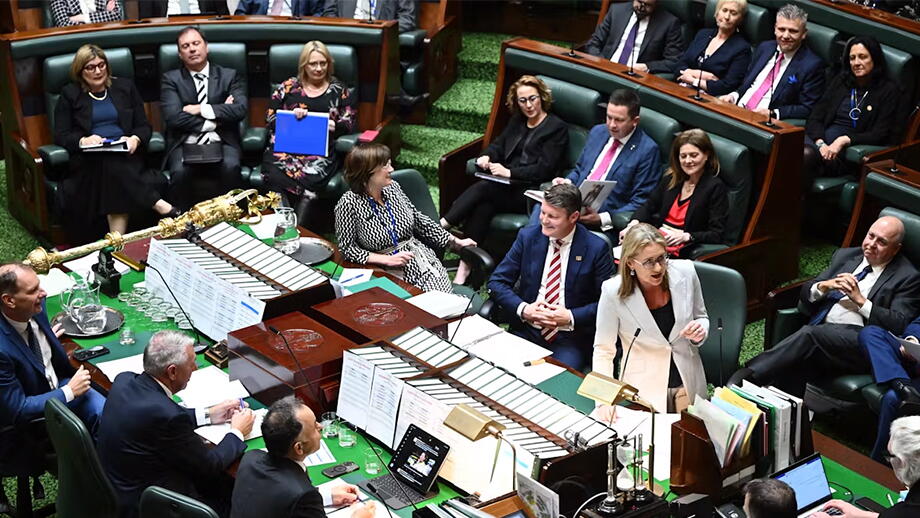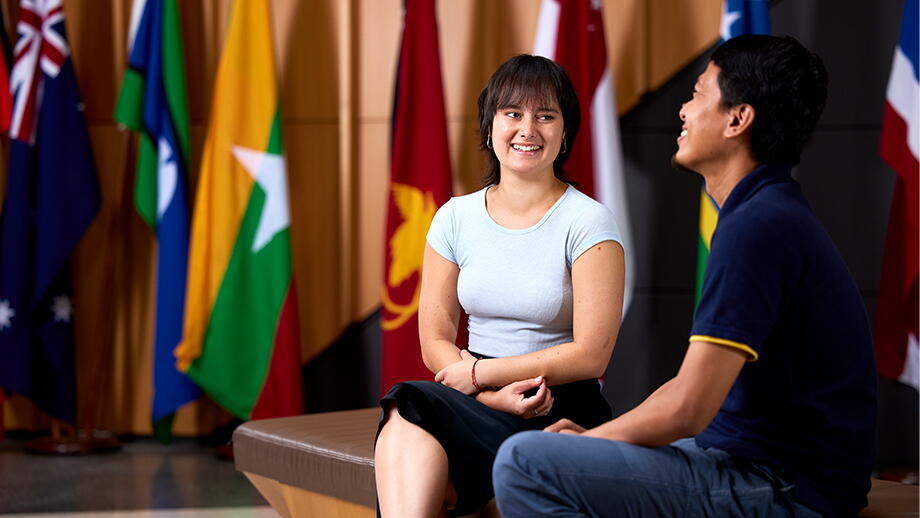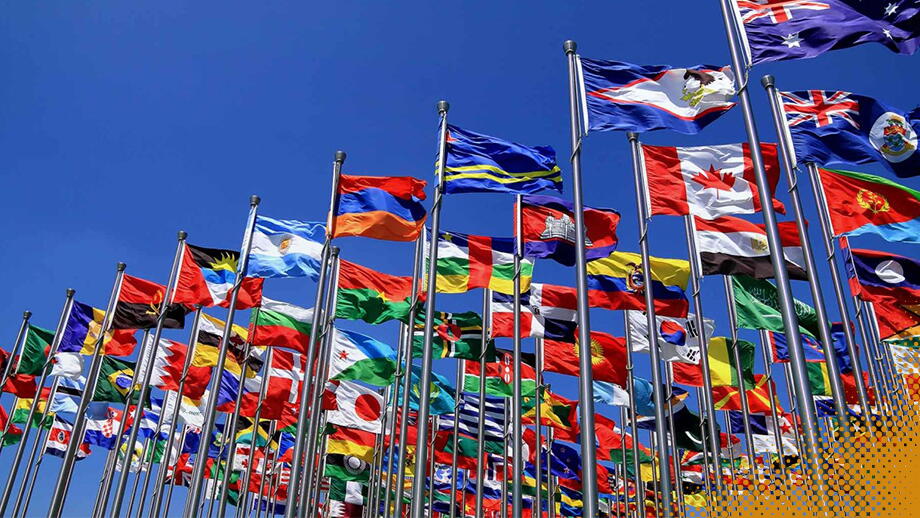In Short:
International affairs has a gender problem. Despite a rise in feminist-informed foreign policy in some corners of the globe, gendered (and racialised, heteronormative, classist, and so on) power structures continue to impact women's representation internationally. This paper seeks to know why.
Key findings
Using Australia as a case study, it explores four premier international affairs agencies, the Department of Foreign Affairs and Trade, Defence (inclusive of the Department of Defence and Australian Defence Force), Department of Home Affairs, and the Australian Federal Police, to answer: Why do women remain under-represented in international affairs?
Using feminist institutionalist theory, this article argues that three core reasons underline women's under-representation:
- Historical legacies that maintain masculine supremacy in the field;
- Contemporary layering and duplication of gendered challenges across individual, agency, diplomatic field, and society contexts;
- The compounding effect of challenges at different stages of women's careers, lives, and posting cycles.
In addition, this paper reveals surprising findings, including that more militaristic agency structures result in more proportional representation of women compared with more bureaucratic agency structures, inverting conventional theory on militaries as the most male-dominated and patriarchal spheres of the state.
Contact
Elise Stephenson
Deputy Director
Climate change, Intersectionality & identity, Politics & international affairs, The space sector, Youth engagement
You may also like
Addressing barriers and forging pathways to women’s participation in politics
We collaborated with Women for Election (WFE) to explore what is preventing women and gender diverse Australians from greater participation in politics – particularly those from under-represented…
A fair go for all
The desire – and need – for intergenerational policymaking has never been greater. This research sought to understand the extent to which Australian voters care about longterm policymaking, whether…
Bolstering the boys club
Much of the research on gender and diplomacy to date has focused on those already let into the ‘club’ of international elites and details the impact of the exclusion of women in senior positions and…




